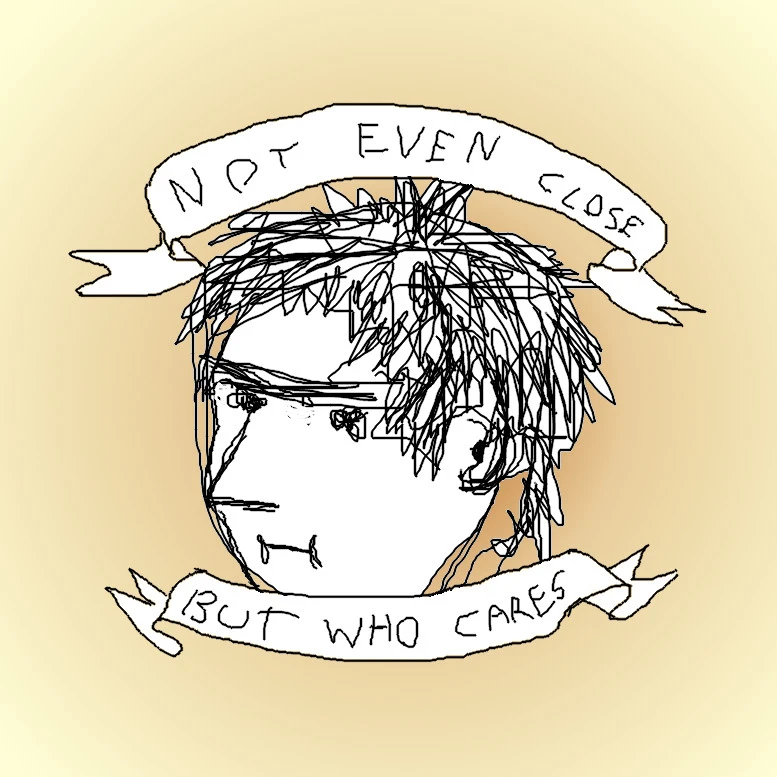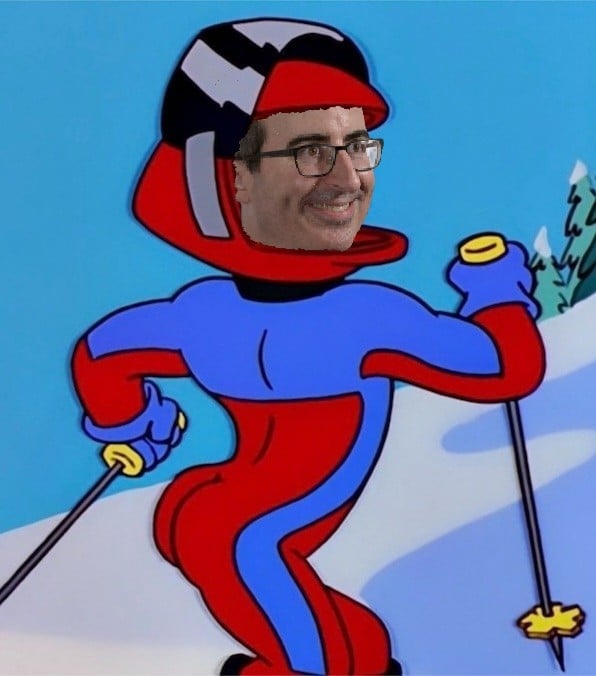I’m in my late 40s and I just got a bachelor’s degree. I just started a masters program. It’s never too late.
Absolutely not.
no, but at 23 you’d wish you started at 22
as the saying goes the best time to start was when you were 6 the second best time is now
The thing with computer science is that it’s always changing, so everyone has to keep learning it regardless of age or prior experience, or they’ll risk getting left behind.
deleted by creator
Not even close. Started a CS degree 7 years ago at 28 and am a director of engineering now, if it’s what you wan to do go for it. I will give a warning that the market isn’t amazing right now, and people getting into it just because they see the salaries is flooding the entry level positions. If you’re motivated and excited about building software you’ll be fine, but something to be aware of.
I’ve been a professional software engineer for over ten years now. I didn’t study anything to do with computers until I was 20; I’d been aiming for a different career and was halfway through a degree before I discovered I didn’t enjoy it and wasn’t getting very good grades, so I swapped.
While at uni, I was part of the student mentor program where I did teaching assistant work for the lower years. One of the students in the lab group I assisted was a guy in his forties who’d seen his factory job automated away and decided if computers were going to take his job, he’d go learn how to work with computers and move into the sector that was creating jobs rather than removing them. He was a good student and picked things up quickly. I have every confidence he’s still out there doing well as an engineer.
22 is a perfectly fine age to start. If you’ve got the right attitude - the desire and motivation to focus on your studies and put in the work - you’ll do great.
One thing worth being aware of beforehand though is how a lot of your studying might go. The professor I assisted in those labs told me about an observation that’s been made in the teaching profession, and I saw it in action myself. A lot of computer science and programming is about finding the mental model that helps you understand what’s happening, how the computers work. Until you find it, you’ll be stuck. Then, something will click, and it’ll make sense. The professor told me they don’t see the usual bell curve of grades - they see two. One cluster of students at the bottom who don’t get it, and one higher up who understand. A lot of learning computing is less of a linear progression and more a process of running into the wall until you chance upon the particular explanation or analogy or perspective that works for the way you think, and then suddenly that particular concept is easy, and it’s onto the next one. This series of little clicks is how you progress.
Once you’ve got a few core concepts down it’s easier to work out how new things fit into the mental model you’re constructing, but be prepared for the early bits to have some frustrating periods where it feels like you aren’t getting anywhere. Stick at it, and look around for other resources, other books or tutorials, other people to explain it their way. I frequently saw a student look totally clueless at my explanation, but another student who’d understood what I said would paraphrase it slightly differently, and that was all it took for the clueless student to suddenly understand and pass the exercise. That lightbulb moment is as fun to experience yourself as it is to bring about in others. You just have to hang in there until it happens.
In a word, no. In a longer word, noooooo.






